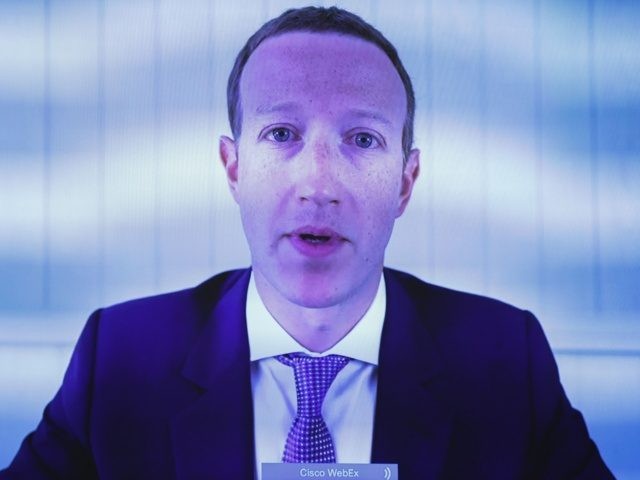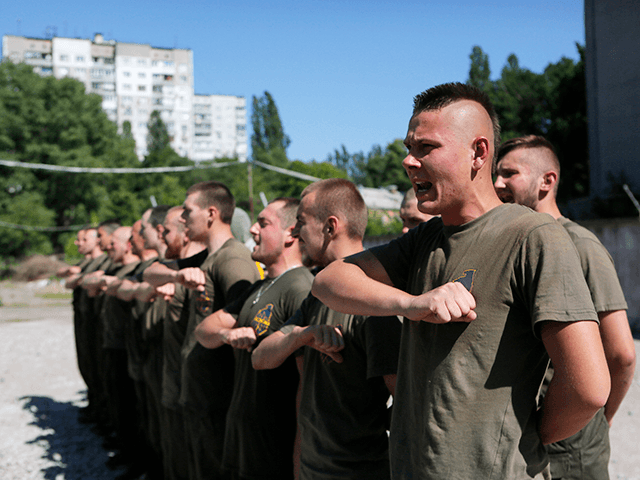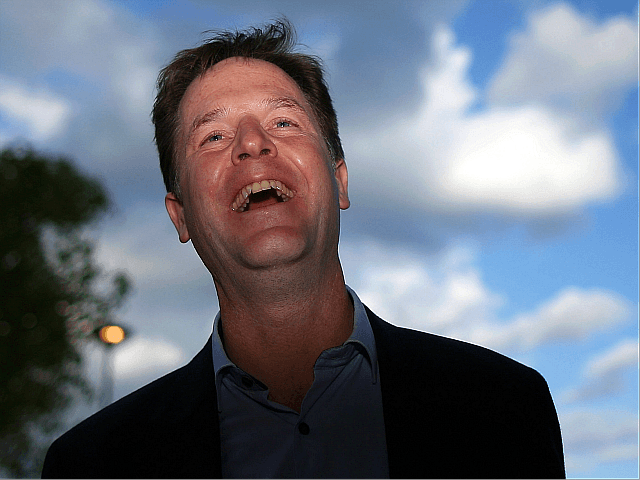Facebook (now known as Meta) has removed Ukraine’s Azov Regiment — members of which regularly display Nazi symbols and signs on their uniforms — from its list of dangerous individuals and organizations. With this change, Mark Zuckerberg is welcoming members of the Azov Regiment who were once blacklisted to utilize his massive platform.
The Washington Post reports that as the conflict between Russia and Ukraine continues, Facebook has modified its approach to content moderation. The neo-Nazi Ukrainian military group Azov Regiment was recently removed from the social media behemoth’s list of potentially harmful people and groups. With this modification, members of the Azov Regiment will be able to sign up for Facebook and Instagram accounts and post content without worrying about it being taken down unless it violates the platforms’ content policies. Other users will be able to openly laud and support the group’s work due to the change.
This policy change comes after months of criticism of how the social media juggernaut is handling the conflict, with many questioning where it draws the line between promoting free speech about the conflict and containing rhetoric that could have violent or dangerous offline repercussions. The company has been criticized by its Oversight Board, an independent group of primarily leftist activists, academics, and experts who oversee Facebook’s content moderation decisions, for going too far in removing content that challenges authoritarian governments or leaders.
Historically, there has been controversy surrounding the Azov Regiment. It is one of Ukraine’s most skilled military units and has engaged in combat with Russian forces in strategic locations like the besieged city of Mariupol and close to Kiev. However, there were worries that the group was drawing extremists because of its ties to its neo-Nazi ideology. The Azov forces were partially referred to when Russian President Vladimir Putin described his invasion of Ukraine as an effort to “de-Nazify” the nation.
According to Facebook, the neo-Nazi Azov Movement and the Azov Regiment are no longer affiliated. It mentions that the unit is formally under the command and control of the Ukrainian government. According to Facebook, there are still “elements of the Azov Movement, including the National Corp., and its founder Andriy Biletsky” on its list of potentially harmful people and groups. “Hate speech, hate symbols, calls for violence, and any other content which violates our Community Standards are still banned, and we will remove this content if we find it,” the company said.
Ukraine’s minister for digital transformation, Mykhailo Fedorov, praised Facebook’s choice and singled out former British deputy prime minister Nick Clegg, Faceook’s president for international affairs. “Means a lot for every Ukrainian. New approach enters the force gradually,” Fedorov tweeted. “Big contribution @nickclegg & his team in sharing truthful content about war.”
Important news from @Meta — changes in platform’s policies. Azov regiment no longer meets designation as dangerous organization. Means a lot for every Ukrainian. New approach enters the force gradually. Big contribution @nickclegg & his team in sharing truthful content about war.
— Mykhailo Fedorov (@FedorovMykhailo) January 19, 2023
Fedorov complained in a letter to Clegg last summer that, at a time when Russian propaganda was rampant online, that Facebook’s use of automated content moderation systems unfairly prevented Ukrainian media organizations from disseminating accurate information about the conflict. Federov also pressured Apple, Facebook, and other businesses to create a “digital blockade” against Russia in the early stages of the conflict.
Read more at the Washington Post here.
Lucas Nolan is a reporter for Breitbart News covering issues of free speech and online censorship. Follow him on Twitter @LucasNolan



COMMENTS
Please let us know if you're having issues with commenting.